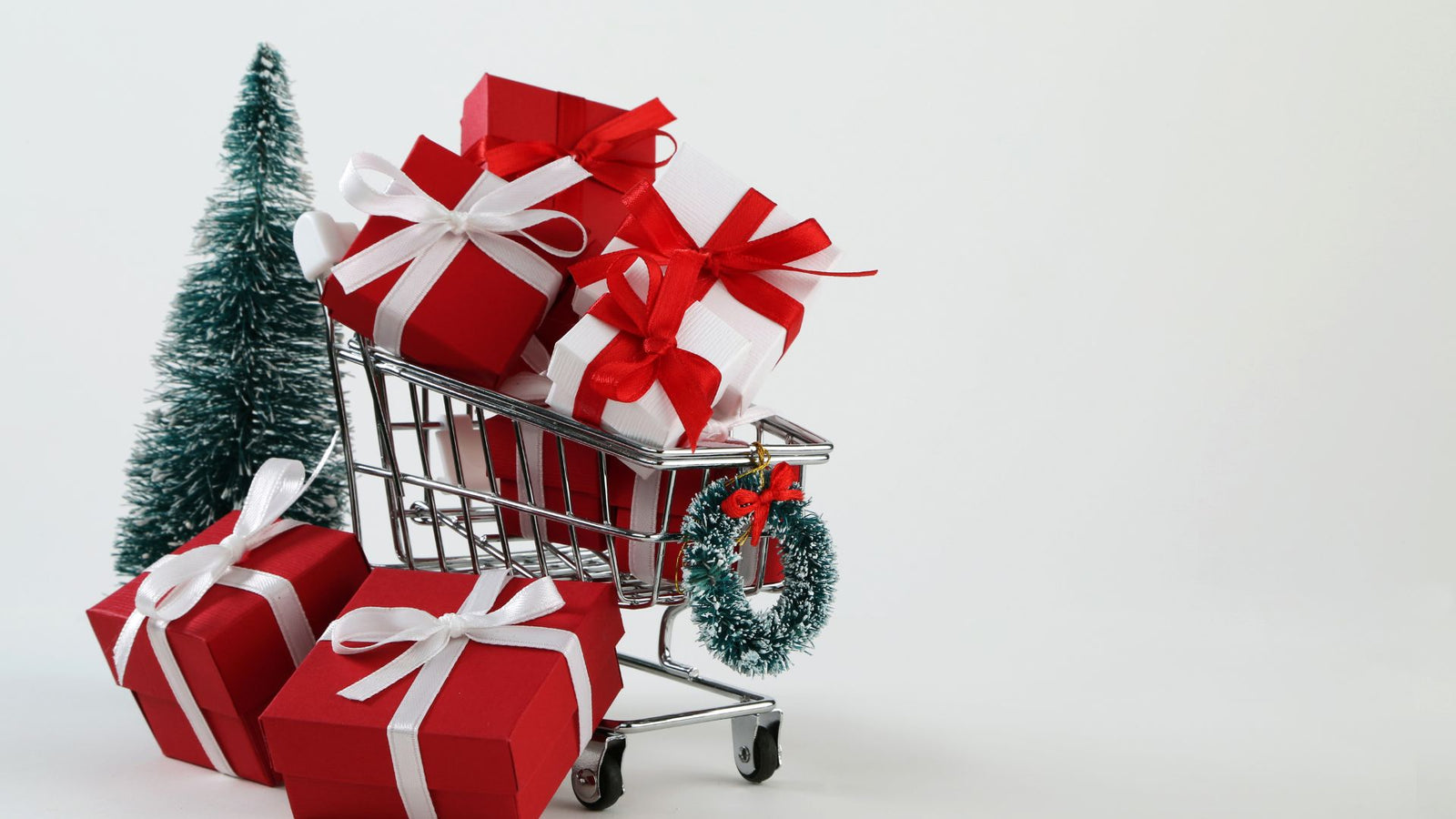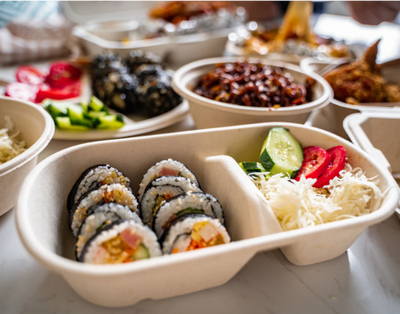The holiday season brings a wave of joy, giving, and an overwhelming amount of marketing from retailers. Many brands tout their eco-friendly credentials to capture the attention of environmentally conscious shoppers. However, not all of these claims hold up to scrutiny. Greenwashing—the practice of making misleading or exaggerated claims about sustainability—is rampant, especially during this busy shopping season. Let’s explore recent examples of holiday greenwashing in 2024 and how you can make truly sustainable choices.
Holiday Greenwashing in 2024: Real Examples
Recyclable Gift Wrap That Isn't Fully Recyclable
Many brands promote gift wrap as recyclable, yet it contains glitter, foil, or plastic coatings that make it non-recyclable. According to a report by Earth911, items like glitter and plastic coatings disrupt the recycling process, forcing otherwise recyclable materials into landfills. Shoppers who rely on these claims may unknowingly contribute to unnecessary waste rather than reducing their environmental footprint.

Limited Edition "Sustainable" Collections
Big-name fashion retailers release holiday-themed collections labeled as sustainable, but deeper investigation reveals only a small percentage of the materials used are eco-friendly. Good On You, a trusted resource for fashion transparency, has highlighted instances where less than 10% of a "sustainable" collection uses organic or recycled materials, while the rest relies on traditional manufacturing that harms the environment. These claims can mislead consumers into thinking they are supporting ethical practices when they are not.
Carbon Offsetting Claims
Some companies boast about offsetting their holiday sales' carbon footprint through tree planting or renewable energy projects. However, a study by The Guardian found that many of these programs lack clear accountability, and the promised offsets may take decades to achieve full impact. Without detailed project information or third-party verification, these claims often fall into the realm of greenwashing.
Eco-Friendly Packaging That Hides Excessive Waste
Retailers may highlight their use of recycled or biodegradable packaging but neglect to mention excessive secondary packaging or the carbon emissions involved in their global supply chains. A review by Sustainable Brands emphasizes that even "biodegradable" packaging can have limitations, particularly if it requires industrial facilities to decompose. Consumers are encouraged to look beyond the surface claims to understand the broader environmental impact of their purchases.
How to Spot and Avoid Greenwashing
Navigating the holiday shopping season doesn’t have to mean falling for deceptive marketing. Here’s how to identify authentic eco-friendly products:
Research the Brand’s Overall Practices: A genuinely sustainable brand prioritizes transparency. Check for detailed sustainability reports or certifications on their website.
Scrutinize Claims: Look for verifiable certifications like FSC, Fair Trade, USDA Organic, or B Corp. Be wary of vague terms like “green” or “eco-friendly” without supporting evidence.

Examine Packaging and Materials: Sustainable products typically use minimal and recyclable packaging. Be cautious of overly elaborate wrapping or materials that cannot be composted or recycled.
Check Lifespan and Functionality: Opt for gifts that are durable, reusable, or multi-functional. Disposable or low-quality items often have hidden environmental costs.
Avoid Seasonal Gimmicks: Limited-edition holiday items may be marketed as sustainable but could be a ploy to encourage unnecessary consumption.
Tips for Truly Sustainable Holiday Shopping
Support Local Businesses
Shopping locally not only reduces transportation emissions but also strengthens your community’s economy. Local businesses often provide unique, handmade, or thoughtfully sourced items that reflect the cultural or regional charm. By choosing to shop locally, you support artisans and small business owners who prioritize quality and sustainability over mass production.
Choose High-Quality, Long-Lasting Gifts
Focus on gifts that are designed to last, such as reusable water bottles, durable kitchenware, or stylish canvas tote bags. These items not only serve a practical purpose but also reduce waste by replacing single-use alternatives. A well-made, long-lasting gift shows thoughtfulness and care for both the recipient and the environment.

Gift Experiences Over Objects
Instead of physical items, consider giving experiences like a cooking class, a membership to a museum, or tickets to a concert or movie. Experiences are memorable, have a minimal environmental footprint, and avoid the packaging waste that comes with physical gifts. They also provide opportunities for meaningful connection and enjoyment.
DIY Gifts
Homemade gifts like baked treats, handcrafted candles, or personalized photo albums are not only cost-effective but also deeply personal. They allow you to reuse materials you already have, minimizing waste. Additionally, DIY gifts often feel more special to recipients as they reflect your time, effort, and creativity.
Wrap Responsibly
Opt for eco-friendly wrapping options like recycled paper, reusable fabric wraps, or even repurposed items such as old maps or newspapers. Creative, sustainable wrapping can add a unique flair to your gifts while reducing the environmental impact of traditional gift wrap that often ends up in landfills. By wrapping responsibly, you show care for the planet even in the smallest details.
EQUO: A Brand You Can Trust
At EQUO, we’re committed to genuine sustainability and providing products that genuinely benefit the planet. Our compostable straws are certified free from plastics and naturally decompose within a year, leaving no harmful residue behind. Our sugarcane food containers and other products meet rigorous FDA standards, ensuring they are safe for food contact while being environmentally friendly. Our wooden cutlery is sourced responsibly from FSC-certified suppliers, guaranteeing sustainable forestry practices. Even our recycled newspaper pencils are certified safe for children, making them perfect for classrooms and eco-conscious families. Unlike greenwashing tactics, all EQUO claims are backed by trusted certifications and rigorous quality checks to ensure transparency and trust.

This holiday season, choose EQUO for your gifting needs and ensure your purchases align with your values. Together, we can make the holidays meaningful for both loved ones and the planet.
Conclusion
Greenwashing can make holiday shopping a minefield for eco-conscious consumers, but staying informed is the key to making responsible choices. By researching brands, looking for credible certifications, and focusing on quality over quantity, you can avoid falling for misleading claims and truly support sustainable practices.
Ready to gift sustainably? Explore EQUO’s eco-friendly products and make your holidays a celebration of values and care for the environment.

